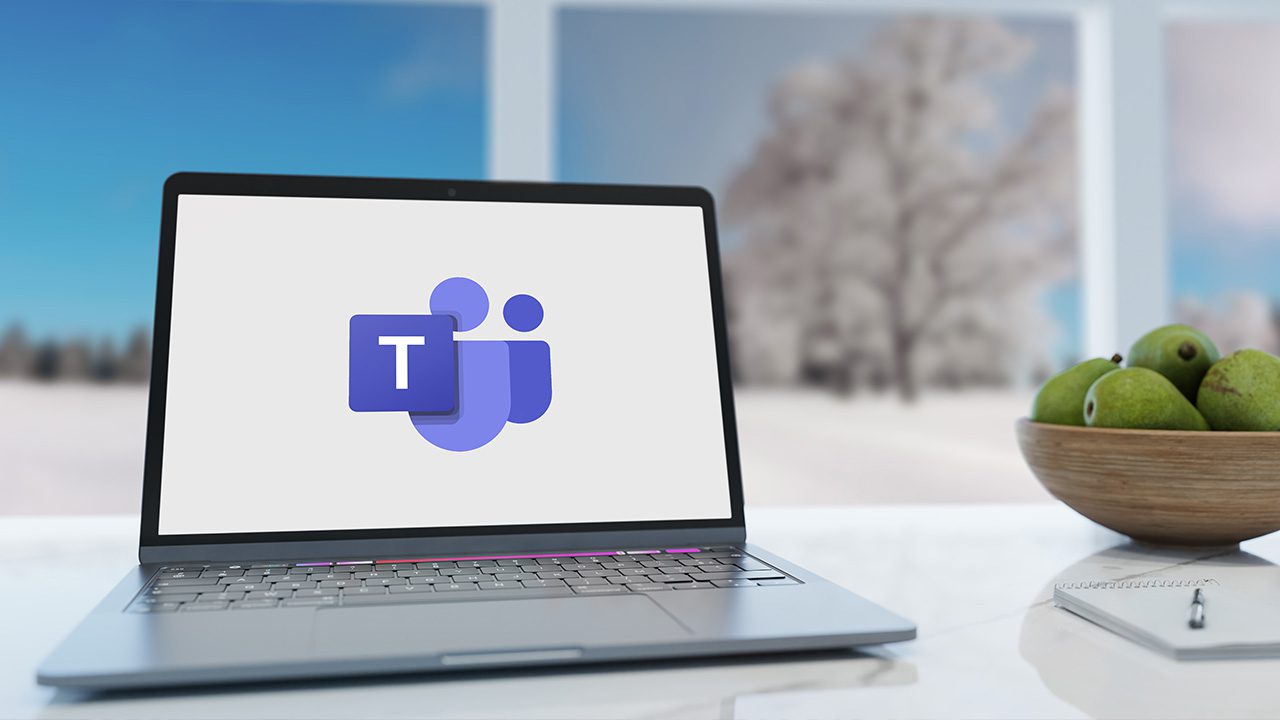Microsoft Teams is Getting Native Support for Apple Silicon Macs in September

Microsoft has announced that it’s bringing support for Apple M1/M2 processors in its Microsoft Teams app for macOS. The company recently updated its Microsoft 365 roadmap to indicate that the new Teams version is expected to be generally available in September.
Currently, the Microsoft Teams desktop app runs as an Intel application on Apple Silicon Macs. It uses Apple’s Rosetta 2 emulation when running on the new M1/M2-powered Macs. Microsoft Teams’ native Apple Silicon support has been one of the top requests on Microsoft’s feedback portal.
Microsoft says that its new Teams “Universal” app for M1/2 Macs should perform better than the existing client for Intel-based devices. “Teams now comes as a Universal Binary Mac so it runs natively on both Intel and Apple Silicon based Mac devices,” the company explained on the Microsoft 365 roadmap.
Microsoft Teams ‘Universal app’ for Apple M1/M2 Macs available in beta version
Notably, a pre-release version of Teams optimized for Apple Silicon Macs leaked online back in April this year. Since then, many Mac users have been able to download the app from Microsoft’s website to test it on their machines. However, the company has warned against using the “unvalidated/ unsupported” beta version because it could lead to bugs or performance issues.
“Recently some sites have published articles about a Microsoft Teams Beta release of a Universal Binary application that runs natively on both M1 and Intel based processors. The information in these articles is inaccurate, and they have no backing from Microsoft,” Microsoft’s engineer Alex said on the feedback portal. “We discourage users from trying this version (and any other versions that do not come from official Microsoft distribution channels), as it is still in the early phases of testing, fixing, and validation.”
Last month, Microsoft announced that it had optimized the Teams desktop client to improve performance on Windows PCs. The company claims that these enhancements lead to faster response times during messaging, video calls, and meetings. Let us know in the comments down below if you think that the new native version will be able to make better use of Apple’s M1 and M2 processors.



